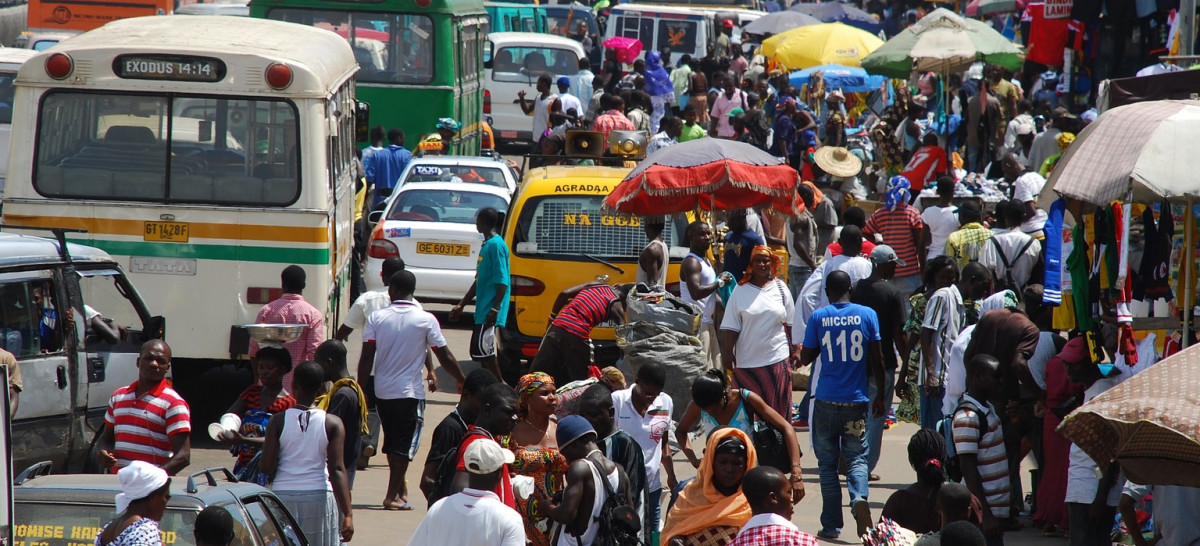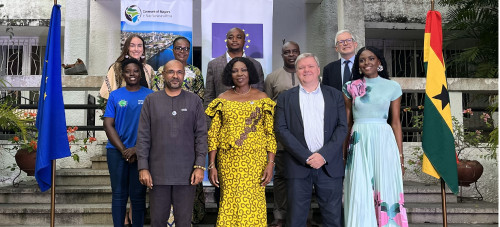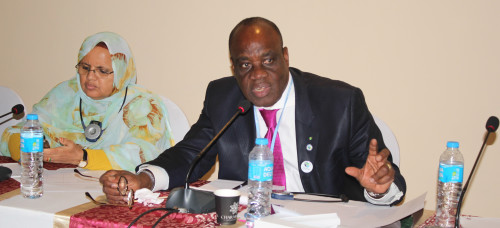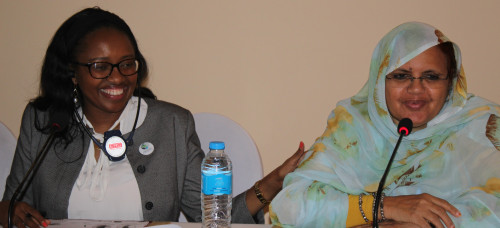Unlocking Opportunities for Climate Responsive Development through Sustainable Energy Access & Climate Action Plans (SEACAPs)
Published: 5 Oct 2019

Energy is the life blood of cities fuelling economic activities, so shaping a prosperous future for Africa will require adequate and sustainable energy, recognised by Sustainable Development Goal 7 (SDG7).
- “Ensure access to affordable, reliable, sustainable and modern energy for all”
Cities and local governments have a vital role to play in shaping the energy supply and demand situation in urban areas particularly focussing on
- Urban Planning
- Transport Planning
- Building Regulations
Which falls within the functions and mandates of municipalities and local governments. Unlocking opportunities requires a deep understanding of the challenges that sub-Saharan Africa face in the development of energy including: –
- Poor energy infrastructure in towns and cities
- High cost of energy often leading to heavy use of unsafe and unhealthy fuels
- Population growth and migration
- Lack of financial resources
Many of these challenges faced by cities are routed in rapid urbanisation and a lack of capacity at local level
- Urbanisation – the issues, the challenges, and the reality
- Lack of capacity – the scale of the issue, and the solutions
Local governments are leading by example given direct ownership and control of important resources such as
- Building stock
- Vehicle fleets
- Waste collection
Case Study: Ghana Clean Stoves Initiative
Exposure to smoke from polluting, open fires or inefficiant fuels – the primary means of cooking for nearly three billion people in the developing world – causes nearly 4 million premature deaths each year, including 18,000 deaths in Ghana, every year.
Exposure to smoke from cooking contributes to a range of chronic illnesses and acute health impacts such as early childhood pneumonia, emphysema, cataracts, lung cancer, bronchitis, cardiovascular disease, and low birth weight. Women and young children are the most affected, with more than 2,200 children in Ghana dying every year as a result of acute lower respiratory infections caused by the use of solid fuels.
In Ghana promoting clean cooking is a priority and has seen steady advancement in transforming the cookstoves and fuels sector in the past few years including
- Partnering with Ghana Alliance for Clean Cookstoves (GHACCO), to improve the locally produced Gyapa-style cookstove through a variety of innovations to further increase efficiency and reduce emissions
- Supporting enterprise development through the Alliance Spark Fund, foster investment-ready entrepreneurs through capacity building and the Alliance’s Catalytic Small Grants Facility
- Partnering with World Education International and the Ministry of Education to launch a project to teach students the benefits of clean cookstoves and fuels.
- Working with CoM SSA Help Desk and National Association of Local Governments of Ghana with Cities and local governments to support Climate Action
The Minister of Local Government and Rural Development Honarable Hajia Alima Mahama will deliver a welcoming address at the Conference of CoM SSA on the 16th October at the Accra International Conference Centre. She has been championing the Clean Stove initiative in Ghana and is a member of the Alliance Leadership Council as they work to help thousands of people in Ghana gain access to and use cleaner, more efficient cookstoves and fuels.





